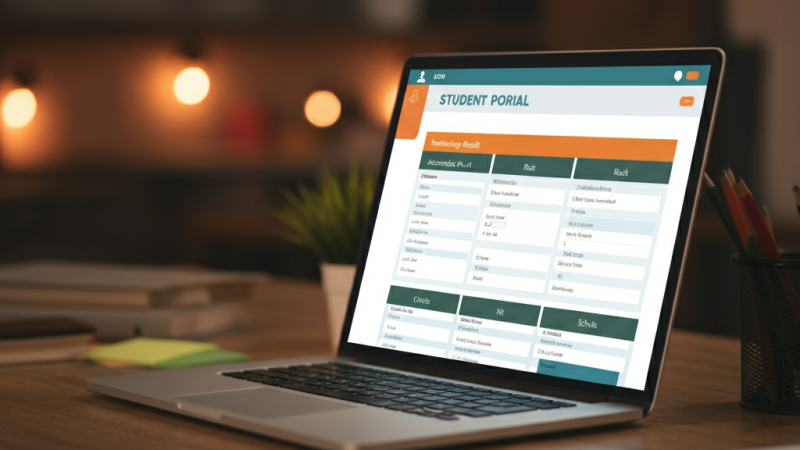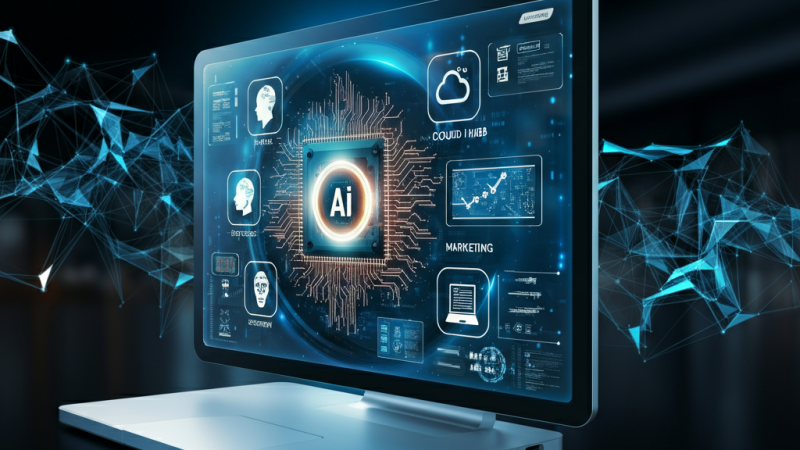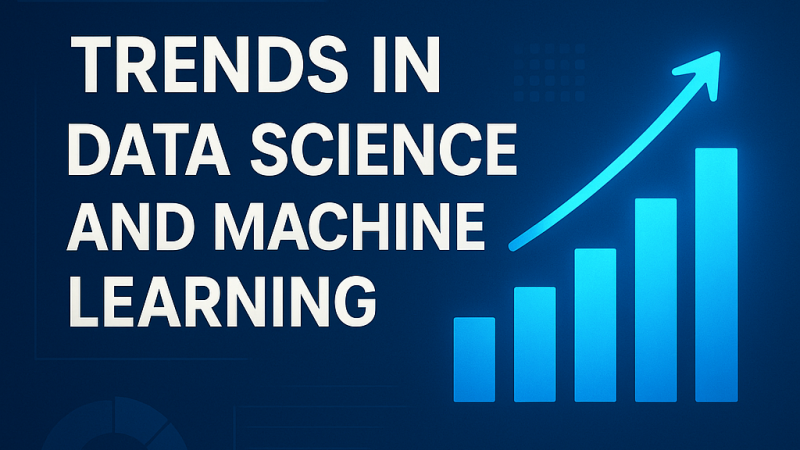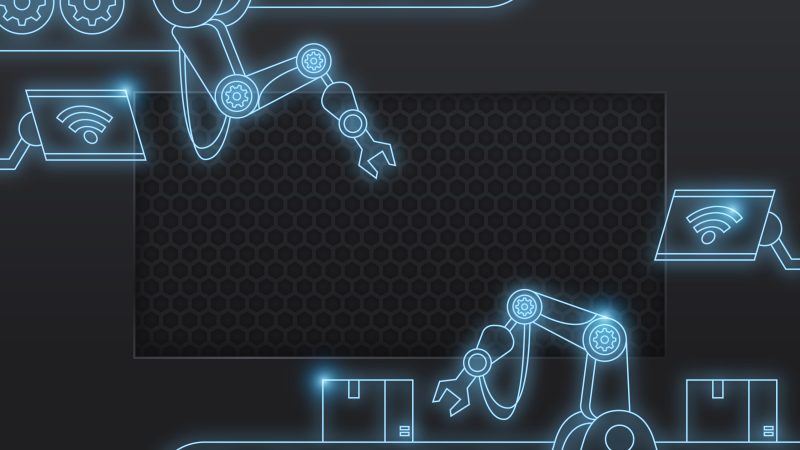The Impact of Technology on MBA Learning: Trends Shaping the Future

In the rapidly evolving landscape of business education, the influence of technology on Master of Business Administration (MBA) learning is transformative and far-reaching. As we navigate the digital era, technology continues to reshape how MBA programs are conceived, delivered, and experienced. This article delves into the profound impact of technology on MBA learning, highlighting emerging trends that are not only shaping the present but also laying the groundwork for the future. For individuals contemplating the pursuit of an MBA degree in Germany, these technological advancements add an extra layer of significance to the educational experience.
- Virtual Classrooms and Online Learning:
Technology has ushered in an era of virtual classrooms, revolutionising how MBA students engage with their coursework. The ability to participate in interactive sessions from anywhere in the world provides unprecedented flexibility. Online learning platforms offer accessibility, enabling professionals to pursue an MBA degree in Germany without the constraints of physical relocation. This trend not only enhances accessibility but also caters to diverse learning styles, accommodating the needs of a global and dynamic student body.
- Blended Learning Approaches:
A paradigm shift is occurring as MBA programs increasingly adopt blended learning approaches. This model seamlessly integrates traditional classroom settings with online modules, offering a harmonious balance. Students benefit from face-to-face discussions while also having the flexibility to engage with course content asynchronously. For those contemplating a study in Germany for an MBA degree, the adoption of blended learning approaches reflects the adaptability of German institutions to global education trends.
- AI and Data Analytics Integration:
Artificial intelligence (AI) and data analytics have become cornerstones of MBA programs, ushering in a new era of analytical prowess. Students now engage with predictive analytics, machine learning algorithms, and big data tools to dissect and understand complex business scenarios. This trend not only enhances the analytical skills of MBA graduates but also prepares them to navigate the data-driven landscape of modern business. Pursuing an MBA degree in Germany means immersing oneself in an educational environment that seamlessly integrates these cutting-edge technologies into its curriculum.
- Personalized Learning Paths:
Technology allows for the customization of learning paths, ushering in an era of tailored education. Adaptive learning platforms utilise data analytics to identify areas where students may need additional support, creating personalised study abroad plans. For those embarking on an MBA journey in Germany, the opportunity to follow a personalised learning trajectory ensures a tailored educational experience that aligns with individual career goals and aspirations.
- Collaborative Online Platforms:
Digital collaboration tools have transformed the way MBA students interact with peers and faculty. Online forums, virtual group projects, and collaborative platforms facilitate seamless communication and teamwork, irrespective of geographical locations. This trend is particularly advantageous for international students pursuing an MBA degree in Germany, fostering a global learning community that transcends borders and time zones.
- Gamification for Engagement:
Education is becoming more dynamic and enjoyable as gamification elements are incorporated into MBA courses. Interactive simulations, business strategy games, and virtual case studies provide hands-on experiences, making learning an engaging and interactive process. This trend not only enhances the retention of complex concepts but also injects an element of excitement into the MBA learning journey.
- E-learning Resource Accessibility:
Advancements in technology have democratised access to educational resources. MBA students in Germany and around the world can access a wealth of e-learning materials, including lectures, articles, and research papers. This trend democratises knowledge, allowing individuals from diverse backgrounds to engage with high-quality educational content, enriching their MBA experience.
- Cybersecurity in Business Education:
In the era of digital advancement, the importance of cybersecurity in business education cannot be overstated. MBA programs are now incorporating cybersecurity modules to equip students with the knowledge and skills to navigate the complex landscape of digital threats. For those considering an MBA degree in Germany, the integration of cybersecurity education reflects the commitment to preparing graduates for the challenges of the modern business environment.
Conclusion:
In conclusion, the impact of technology on MBA learning is a transformative force that continues to shape the future of business education. From virtual classrooms to personalised learning paths and the integration of AI, technology enhances accessibility, collaboration, and engagement. For individuals considering pursuing an MBA degree in Germany, the incorporation of these technological trends by German institutions positions them at the forefront of innovative and globally relevant education. As technology continues to advance, the synergy between technological innovation and MBA learning is poised to redefine the landscape of business education, ensuring that graduates are well-equipped to navigate the complexities of the ever-evolving business world. In embracing these technological advancements, MBA programs in Germany are not just providing education; they are shaping the future leaders of the business world.






